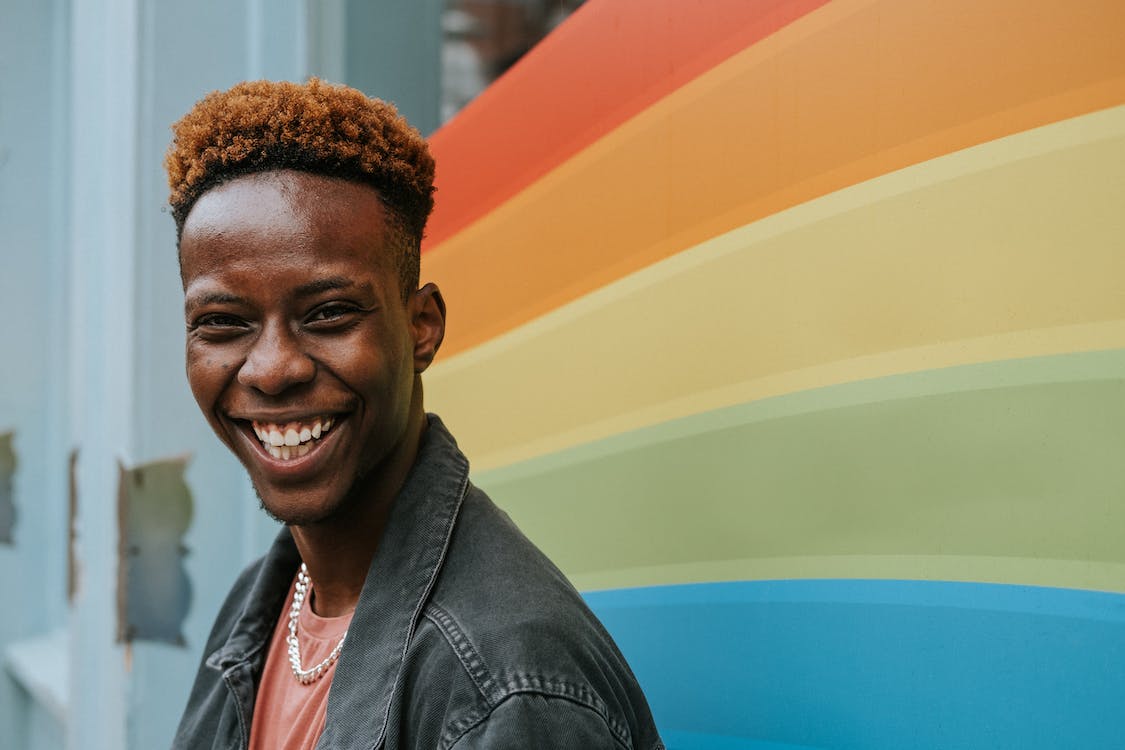The LGBTQ+ community, renowned for its resilience and unity, is unfortunately more vulnerable to substance abuse and mental health disorders than their heterosexual counterparts. The “double stigma” that you might face due to your identity and health issues can create an uphill battle towards recovery, but it’s crucial to remember that support and resources are available, and you are not alone.
Being part of the LGBTQ+ community, you may encounter discrimination, prejudice, and even violence. These traumatic experiences contribute significantly to mental health issues, which in turn, increase the risk of substance abuse. This is a critical yet lesser-known fact that emphasizes the need for targeted interventions and supportive environments in substance abuse treatment centers.
However, the intersection of mental health and addiction isn’t the sole cause for concern. You also have to contend with the stigma and bias that can arise within healthcare settings. Some treatment centers might not be equipped to handle the specific needs of LGBTQ+ individuals, which can lead to inadequate care and create a deterrent to seeking help.
But remember, this doesn’t mean that effective help is not available. Many treatment centers are recognizing these unique needs and taking strides to provide inclusive and comprehensive treatment. These facilities offer specialized programs that address your specific experiences, such as family rejection, internalized homophobia, or gender dysphoria, alongside your substance abuse treatment. The holistic approach of these programs can be vital for recovery.
Moreover, creating supportive, non-judgmental spaces for recovery is increasingly becoming a priority in these centers. For instance, some treatment centers offer LGBTQ+-exclusive recovery groups. These groups can provide you with an environment where you can relate to others who might be experiencing similar struggles. Such settings can be instrumental in fostering a sense of belonging, which can significantly enhance your recovery process.
FAQs:
Q: Are LGBTQ+ specific treatment centers available in South Africa? A: Yes, several treatment centers in South Africa provide specialized programs for the LGBTQ+ community.
Q: How can friends and family support LGBTQ+ individuals facing this double stigma? A: Friends and family can provide a supportive environment, educate themselves about the unique struggles faced by their loved ones, and encourage them to seek help from inclusive and understanding treatment centers.
Q: How can society reduce the stigma associated with mental health and addiction in the LGBTQ+ community? A: Society can play its part by promoting acceptance, understanding, and equality. Educational programs and public awareness campaigns can be effective in reducing stigma.
Q: Are there support groups specifically for LGBTQ+ individuals struggling with addiction and mental health issues in South Africa? A: Yes, there are numerous support groups and organizations in South Africa specifically designed for LGBTQ+ individuals battling addiction and mental health issues. These groups offer a safe space to share experiences and provide mutual support.

Q: Can LGBTQ+ individuals experience different types of substance abuse or mental health issues? A: While the types of substance abuse or mental health issues can be similar across all populations, LGBTQ+ individuals may have higher rates of certain conditions due to increased stress from prejudice and discrimination. For example, they may experience higher rates of depression, anxiety, and substance abuse.
Q: What role can policy play in addressing the double stigma in the LGBTQ+ community? A: Policies that advocate for equal rights, non-discrimination, and inclusive health services can significantly impact the experiences of LGBTQ+ individuals. Additionally, policies should encourage research and data collection on LGBTQ+ health needs to inform treatment practices.
Q: How can mental health professionals better assist LGBTQ+ individuals dealing with addiction? A: Mental health professionals can enhance their cultural competency and understanding of LGBTQ+ experiences. They should create a welcoming, inclusive environment and avoid making assumptions based on gender or sexual orientation. It’s also beneficial to stay updated on research and best practices for treating LGBTQ+ individuals.
Q: How can I help a friend or family member who is LGBTQ+ and struggling with addiction? A: Start by educating yourself about the unique challenges faced by LGBTQ+ individuals. Offer your support, encourage them to seek professional help, and assure them that there is no shame in doing so. Listen without judgement and remind them that they are not alone. It’s essential to respect their experiences and emotions.
Q: Can I access teletherapy or online treatment programs as an LGBTQ+ individual in South Africa? A: Yes, several online treatment programs are designed with inclusivity in mind. Teletherapy can be a helpful resource, particularly during the pandemic or for those in remote locations.
Q: What should I look for in a treatment center as an LGBTQ+ individual? A: Look for treatment centers that provide individualized treatment plans, have experience dealing with LGBTQ+ issues, and promote an inclusive, non-judgmental environment.
Let’s stress the need for more inclusive, comprehensive treatment approaches that account for your unique experiences as a member of the LGBTQ+ community. It’s important that you remember, the double stigma of mental health and addiction is not your burden to carry alone. You have the right to seek help, to be understood, and to be treated with respect and dignity.
Know that your identity is a testament to your strength. Let that strength guide you in your fight against substance abuse and mental health disorders.
Remember, despite the struggles you may face, recovery is possible. Your path to recovery may have its own set of unique challenges, but it also holds unique victories. Together, let’s embrace these victories and forge a path towards an inclusive, understanding future.

